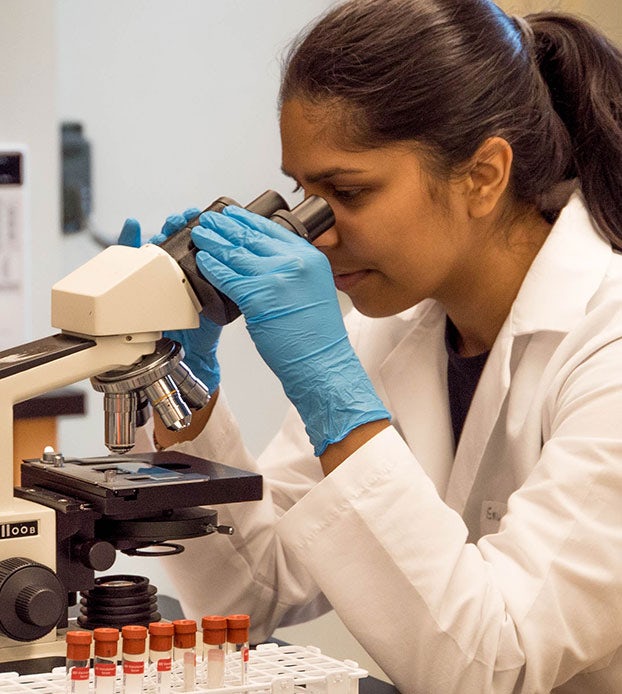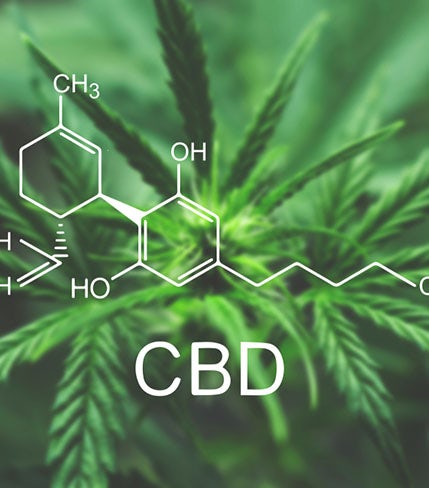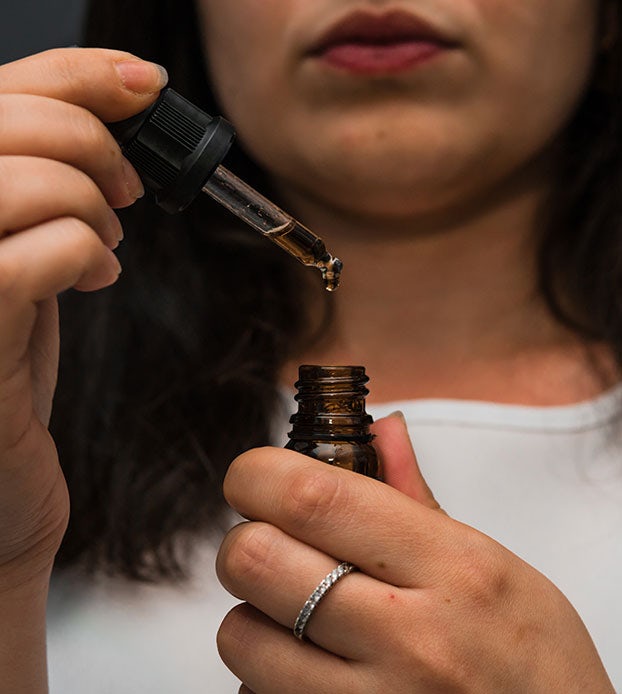Could cannabis provide the solution to antibiotic-resistant “superbugs?” According to a review of existing research published last month, the compounds found in cannabis could provide a new source of antibiotics, but further research is needed to find their full potential in fighting pathogens.
The review, which was published in the journal Antibiotics, states that while antibiotics have saved millions of lives since their discovery, “their misuse has resulted in the emergence of antibacterial resistance (AMR), which is a significant threat to global human health.”
The review looks back at more than 70 years of research into the antibacterial effects of cannabis, beginning with studies carried out in the 1950s, well before the chemical makeup of cannabis was understood like it is today.

The review looks at a 2001 study that examined the antibiotic properties of essential oils derived from five different marijuana cultivars, and found that “the antimicrobial activity of the essential oil of Cannabis sativa can be regarded as modest.” The review mentions several other studies that looked at the antimicrobial potential of cannabis extracts, as well as one investigation of the antimicrobial properties of hashish.
It’s important to note that there are thousands of cannabis varieties with diverse chemical profiles. Some types of cannabis are rich in terpenes such as pinene or beta caryophyllene, which have shown antimicrobial properties. Other types of cannabis lack terpene profiles that carry antimicrobial properties.
One study cited in the review found that cannabis seed extracts have an inhibitory effect on Staphylococcus aureus bacteria, “which indicates that these extracts could have enormous potential as preservatives in both the food and cosmetics industries.”
A study cited in the review looked at 17 hemp essential oils and found that the oils “were found to have moderate to good antimicrobial activity,” including against Listeria monocytogenes (a type of bacteria that can survive — including on food products — even at temperatures below refrigeration) and Enterococcus isolates.
Another study found that a mixture of cannabinoids and terpenes was able to cause an 88% decrease in bacterial load for Escherichia coli (E.Coli) as well as Pseudomonas aeruginosa and Staphylococcus aureus.
The study draws a pretty simple conclusion, that Cannabis sativa “is a plant with untapped potential. It has an extensive metabolic profile and its medicinal properties should not be overlooked or overshadowed by its overuse as a recreational drug.”
The researchers add that “as bacteria are rapidly developing resistance against existing drugs, cannabinoids present a novel and exciting opportunity as a potential new source of antibiotics.”
While more research is needed, the antimicrobial properties of cannabis have already been hit upon by researchers. Notably, scientist Lumír Hanuš was already researching the antibacterial and antibiotic properties of cannabis in a lab in his native Czechoslovakia during the Cold War.
Hanuš told the Cannigma earlier this year that cannabis is “very efficient against gram-positive microorganisms, including some [which are] pathogenic.”
There is also a growing body of research into the use of CBD to fight “superbugs,” including if it could be used to disinfect skin before surgery to help prevent postoperative infection. And while researchers admit they don’t know quite how CBD fights infection, research performed on mice has shown that topical applications of CBD can potentially reduce skin infection.
Sign up for bi-weekly updates, packed full of cannabis education, recipes, and tips. Your inbox will love it.

 Shop
Shop Support
Support


















